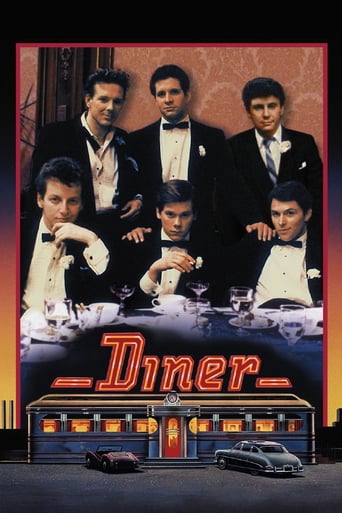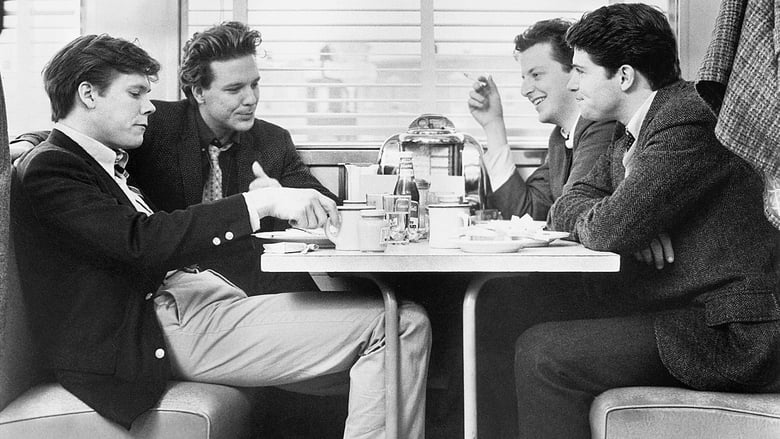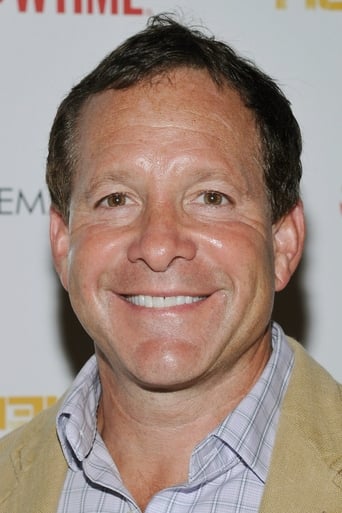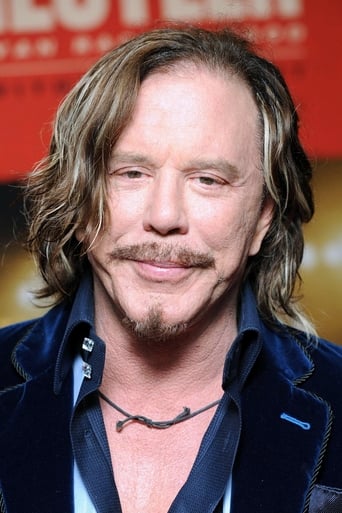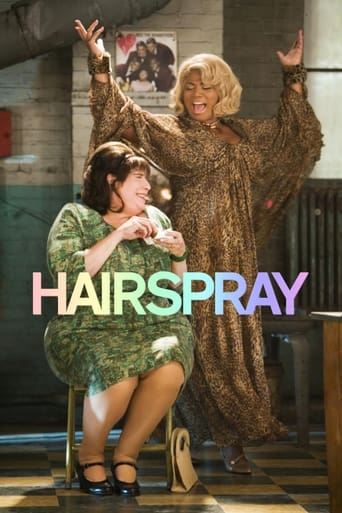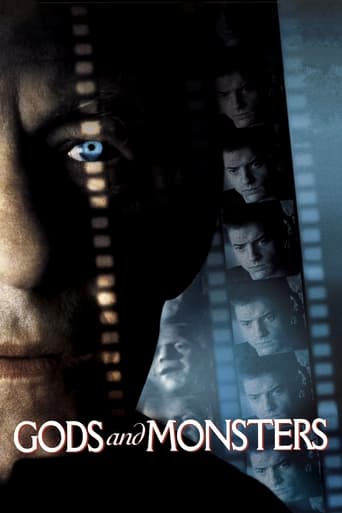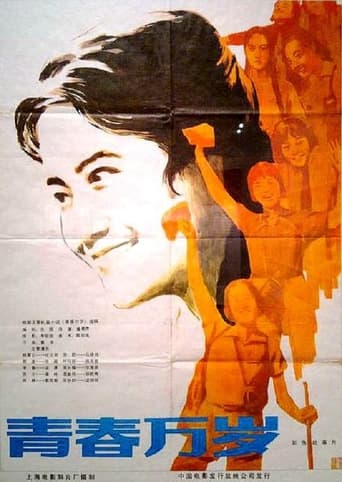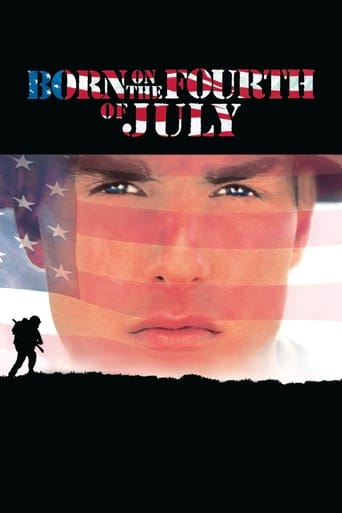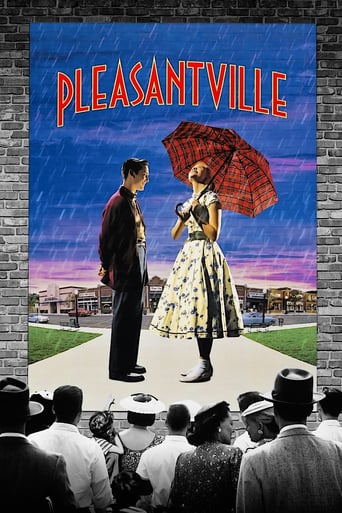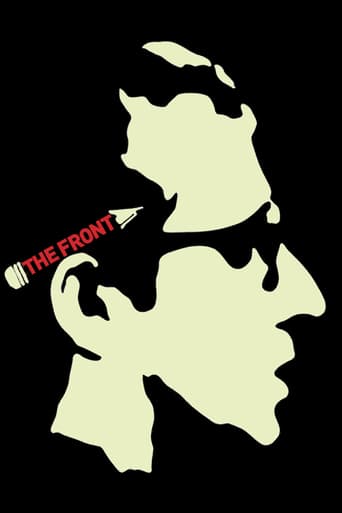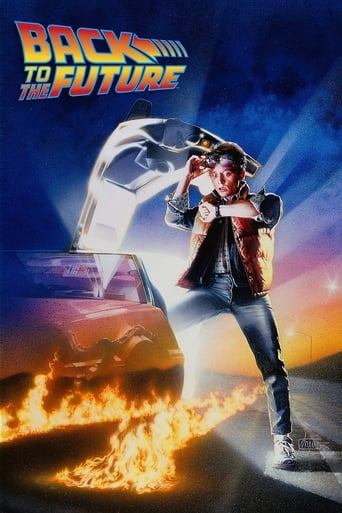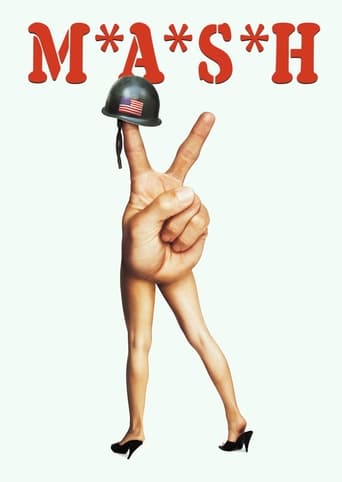Diner (1982)
Set in 1959, Diner shows how five young men resist their adulthood and seek refuge in their beloved Diner. The mundane, childish, and titillating details of their lives are shared. But the golden moments pass, and the men shoulder their responsibilities, leaving the Diner behind.
Watch Trailer
Free Trial Channels
Cast


Similar titles
Reviews
everything you have heard about this movie is true.
A story that's too fascinating to pass by...
I enjoyed watching this film and would recommend other to give it a try , (as I am) but this movie, although enjoyable to watch due to the better than average acting fails to add anything new to its storyline that is all too familiar to these types of movies.
All of these films share one commonality, that being a kind of emotional center that humanizes a cast of monsters.
I wasn't really wowed by this film.It doesn't really have a captivating story,great scenery or great special effects (the latter is never really necessary anyway).What you have is a group of guys,each of them representing someone most of us know or have heard of.We are introduced to them,and over the course of the film,we get to know them,and by film's end,we had an overall pleasant time.The film has a place on the AFI's 100 Years,100 Laughs list,which brought me to watch it.I don't question it's placement there because we all have different senses of humor,but I can't say that it really generated a lot of laughs for me personally.Overall,it was enjoyable enough and I may visit it again one day.
Barry Levinson's directorial debut, working from his own original script, is one of those movies that examines a group of friends at a significant moment in their life. Diner focuses itself on several college-aged boys in 1959 Baltimore, caught in that awkward stage right on the cusp of manhood. Each prominent member of the group is stuck at a crossroads between life as a carefree teenager and having to move into the adult world; Eddie Simmons (Steve Guttenberg) is days away from his wedding, Shrevie Schreiber (Daniel Stern) is in a young marriage to Beth (Ellen Barkin), Boogie Sheftell (Mickey Rourke) is a playboy working at a beauty shop, Timothy Fenwick (Kevin Bacon) is a developing alcoholic living off his trust fund, and Billy Howard (Tim Daly) has just come home for Eddie's wedding.Levinson takes on a slightly non-traditional structure here, as the film occurs almost in a series of vignettes as opposed to a typical narrative. He made the wise move to get the actors acquainted with one another before shooting began, so when it came time to start rolling on the film he was able to build conversations through improvisation and the actors own relationships, as opposed to forcing them to read strict lines off the page. It has a free flow to it all, wisely directed by Levinson and marvelously acted by the young cast of fresh actors. You can feel that camaraderie in their chemistry together, you can really feel all of those years of building relationships between them.Some of the actors do shine individually; Rourke in particular steals the show, coming onto the screen as if he were a born star. He has the kind of natural charisma and compelling presence that the young Paul Newman and James Dean had, drawing your eyes towards him instantly whenever he comes on screen. There's a soft, sincere man inside that casually flamboyant shell, the kind of guy who wants you to think he's something that he really isn't, and Rourke plays it with such wonderful nuance. It's an impressive performance on it's own, but the real treat of the film is seeing the whole ensemble of young stars working together.Diner is a story of boys who have to finally make the decision to become men and I think this is an interesting part on the development of men. Over the years there have been hundreds and hundreds of films about adolescence, about boys half the age of the ones seen here, but not enough about this stage in life, one that I find infinitely more interesting. I think any man who is in this stage of their life, or has already passed it, can find a lot to relate to in these characters and the fact that I'm currently in a similar stage surely helped me admire the film even more. It takes place in 1959 but the themes of maturity and morality speak to any generation. They're all caught right in this area between boy and man and it makes for several interesting contradictions within the characters.Bacon's Fenwick is developing a severe alcohol problem and spends most of his time clowning around and pissing away his life, but we can see that he is an extremely intelligent guy who is wasting his potential. Rourke's Boogie is two thousand dollars in debt from gambling, but he still finds time to get a girl to touch his erection through a popcorn box. Guttenberg's Eddie is getting married in a week but instead of finding the courage to be a responsible man he puts all of his insecurities about taking the plunge into whether or not his fiancée can pass a silly test about football. These guys are all right on that edge and the film centers around them having to own up to where they are in their life and realize that it's time to stop being boys goofing around at the local diner and move onto becoming men.A lot of films that work with this kind of theme tend to force too much development into such a short time period, to the point where it becomes clear fiction. Levinson wisely avoids this, developing ideas that we don't see the full result of. The alcoholism of Bacon's character is an issue that comes into play for certain, but as the film closes it's still one that exists. It's still one that will impact him for years to come and we don't see the final completion of it. There's a scene early on where Shrevie and Beth go to get in their car and she stands there, waiting for him to open the door, but he doesn't do it. It's a small moment that keys into the discourse of their marriage, a discourse that is developed within the context of the film, but you know when it's over that they still have a long way to go.Levinson doesn't concern himself with trying to work these characters through their entire life in a two hour period. Instead, he foreshadows events that will come to pass later in life, realizing that this is just a small moment in the grand scheme of it all. It's a shockingly realistic and non-exaggerated approach that I found very impressively done on his part. The film opens up on Christmas of '59 and closes on New Year's Eve the same year, an appropriate time for where these men are in their life. As one decade ends, another begins and they have to evolve themselves just as the year is evolving into a new decade. It's another relatively subtle touch on Levinson's part, but it adds another nice metaphor to where these guys are at and where they are headed to.
I have seen a heck of a lot of bad movies in my day. Most of the ones I would qualify as being "the worst" fall into that MANOS/PLAN 9 variety of really crappy B-movies that no one in their right mind would find enjoyable, except in a so-bad-it's-good vein. DINER is a different story. So many people find it "funny" and "charming", with even the great Siskel and Ebert calling it one of 1982's best films. Why? WHY? This film has absolutely nothing to offer anyone, yet it is so beloved. It's not incompetent or repulsive, I suppose, but in all my years as a film buff I have yet to see another film this boring. Say what you want about Ed Wood, but at least his schlock keeps you awake. While watching DINER I had to fight to keep my eyes open. This film has no laughs, no charms, no characters I cared about, no insights into life, no interesting technical merits, no quotable dialogue, nothing I could possibly recommend it on. And to make it even worse, people LIKE it. I've actually heard it compared to George Lucas' coming-of-age classic American GRAFFITI, which is one of the biggest insults to American GRAFFITI one can give. DINER should be avoided at all costs, unless you are looking for a cure for your insomnia.
The underlying theme here is transition. Six young American guys bond with each other for security as they move out of adolescence and into adulthood. Given that the story takes place in 1959, the transition applies equally to American culture, which transitions out of the dull 50s and into the chaotic 60s. These guys will never be young again, and neither will America; hence, the appeal to nostalgia.An ensemble cast allows for the film to be a series of vignettes involving one or more of the characters. As such, the plot seems jerky, almost random at times. Characters seem shallow, egocentric, and predictably preoccupied with romance and sex. I couldn't get interested in any of them. The story is set in dreary Baltimore at Christmas. So the overall plot has the feel of a very specific place and time.The script is very talky. Not much happens. Characters stand around, drive around, meet at the diner for burgers ... and talk. Some of the banter is clever; most is just tedious. I thought the casting was a bit weak, in that the differentiation among the six guys is not as pronounced as that of "American Graffiti" (1973). Acting is average. Some of the chitchat is improvisational.I was disappointed with the background music. Again, it is somewhat weak. There are a few good 1950s songs, the ones by Bobby Darin and Fats Domino. But most of the selections are not especially nostalgic. On the other hand, the color visuals do create the look of that era quite well.It's almost as if this film borrowed its underlying concept from "American Graffiti", which I like considerably better, partly because of its more archetypal characters. Then too, the two films address a slightly different American constituency. "Diner" is set on the East Coast, "American Graffiti" on the West Coast. Maybe I just identify more with the West.

